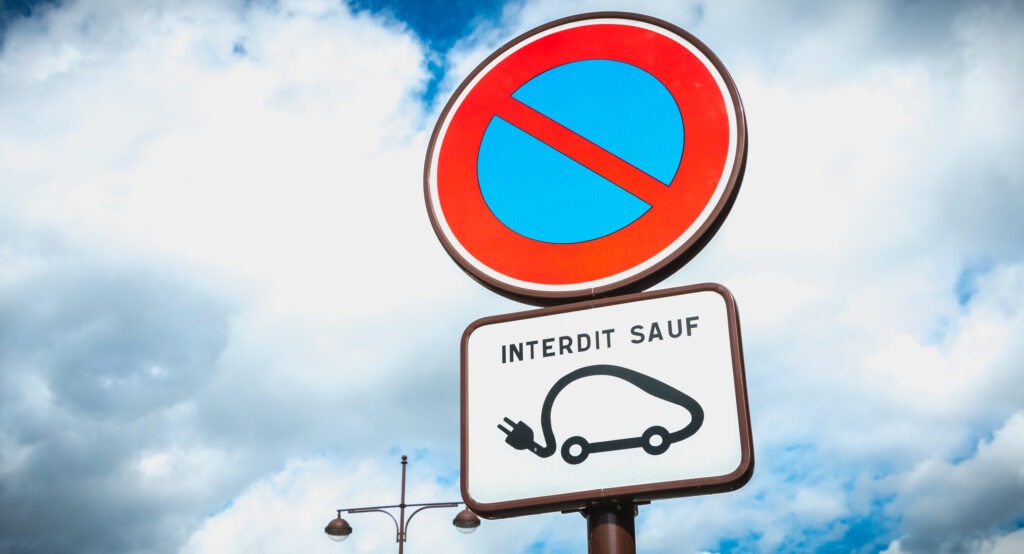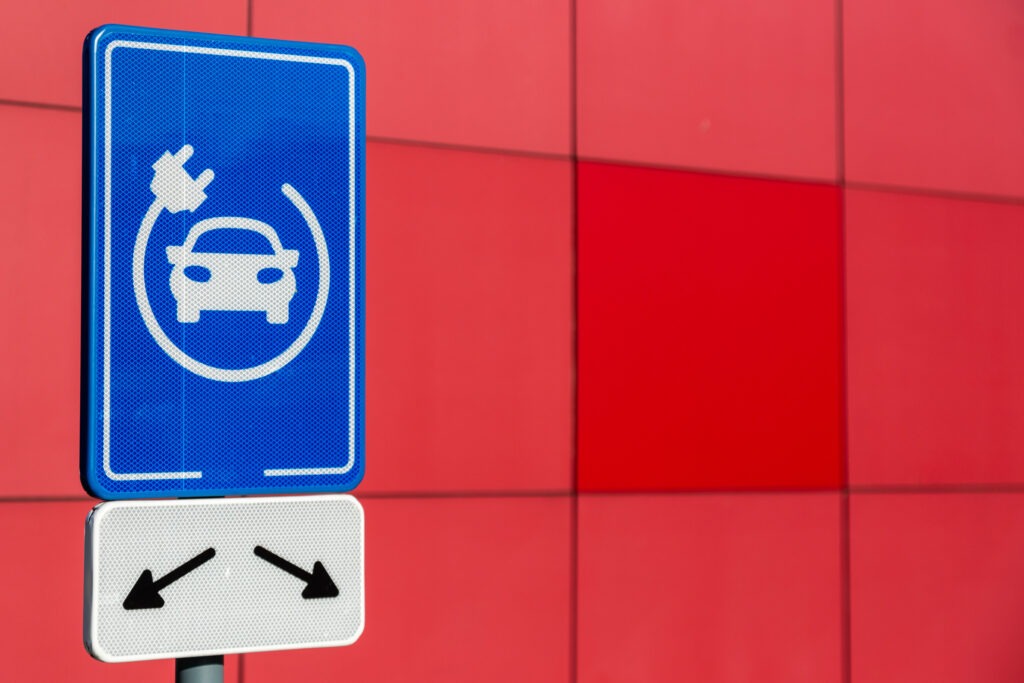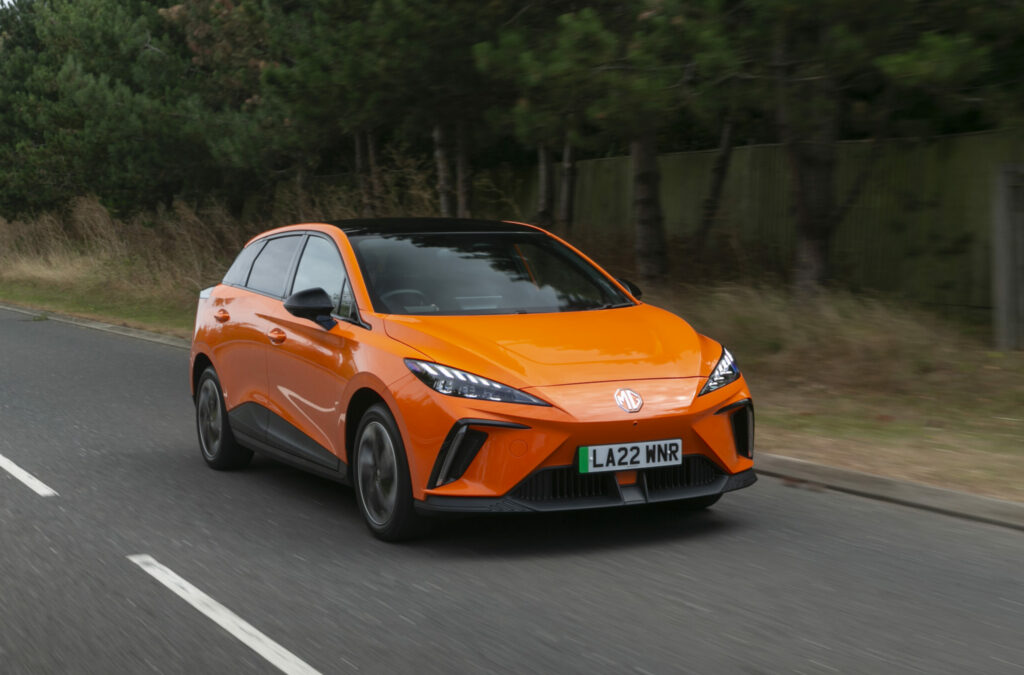Battery-electric vehicles make up 13% of new-car sales in France
08 June 2023

France is continuing to see electric-vehicle (EV) growth. José Pontes, data director at EV-volumes.com, inspects the market’s performance in April.
EV sales have continued to rise in France, with April’s plug-in registrations hitting 27,995 units. This was split between 17,113 battery-electric vehicles (BEVs) with a 13% share of the overall automotive market) and 10,882 plug-in hybrids (PHEVs) with an 8% share. The former jumped 35% year on year in April, while the latter grew by just 6%.
With the overall market recovering, up 22% year on year, BEVs (up 35%) were again the fastest-growing powertrain. Diesel continued to fall (down 19%), with the once-dominant fuel now only commanding a 10% market share in April, which is less than what BEVs had in April 2022 (13%). BEVs can be expected to keep gaining ground throughout 2023 as they grow faster than everything else.
Springing forward
The Dacia Spring enjoyed a successful April in France. Not only was it the best-selling EV last month, but its total of 2,432 registrations made it the 11th best-selling car overall. This success illustrates a trend in the country’s new-car market.
In the EV market itself, the Peugeot 208 EV followed the Spring with 1,563 deliveries, while the Fiat 500e won the last place on the podium in April, with 1,365 registrations.
Even in an off-peak month, the Tesla Model Y managed to finish ahead of the local hero, the Renault Megane EV, which ended April in fifth, with 1,184 registrations. This was at least 400 units ahead of the MG4 in sixth, which continues to secure sales thanks to its unbeatable specs-versus-price ratio.
In ninth, the Citroen C5 Aircross PHEV was once again the leader in the plug-in hybrid category, with 591 sales. In fact, Stellantis claimed the entire top three in the PHEV market, thanks to the DS 7 PHEV in 12th and the DS 4 PHEV in 13th. As its eCMP-platform BEVs transition to a new powertrain, Stellantis is stepping up its PHEV production to fill in the gap.
In the second half of the table, one highlight was the Volkswagen (VW) ID.4, in 13th place with 439 sales. It was the best-selling model from VW Group in France. Just below it, there was the Kia Niro in 17th, which ended the month with 403 sales, 331 of them belonging to the BEV version.
Highlighting a good month for the VW brand, the Tiguan PHEV ended the month in 18th place, with 392 registrations — its best result in 22 months. Its BEV counterpart, the VW ID.4, was close to joining the table, with the electric crossover ending April with 323 registrations, a new best this year.
These positive PHEV results occurred despite the powertrain having lost purchase incentives at the end of 2022. So, this demand is not incentive derived. However, there is still the French malus system, where the most emission-polluting vehicles are heavily taxed — so an incentive to purchase a PHEV remains. While consumers do not get any kind of purchase incentive, there is the advantage of lower taxes compared with an internal-combustion engine (ICE) vehicle.
Close race for first
Looking at registrations between January and April, the Tesla Model Y held first place, keeping the Dacia Spring in the runner-up spot, although by just one unit.
The second-place Dacia Spring (up 64% year on year) and the Peugeot 208 EV (up 59%) in third, complete the podium of models on the rise that probably will race between themselves to define the medal positions by the end of the year. But for some to go up, others must come down, like the Tesla Model 3.
The electric sedan was down 47% year on year, no doubt suffering from the internal competition from the Model Y. The other two significant losers this year come from the Renault stable. In ninth place, Zoe sales were down 37% year on year, while the smaller Twingo EV was down 38% in 10th.
The MG4 seems to be enjoying a never-ending rise in popularity, having ended the month in seventh. In the second half of the table, the Mini Cooper EV returned to the rankings in 17th place, tied with the Peugeot 308 PHEV.
Finally, in 21st place, the VW ID.3 (1,536 registrations) and the Opel Corsa EV (1,518 registrations) in 22nd seem ready to jump into the top 20, at the cost of the Mercedes-Benz plugin hybrids that currently stand in 19th (GLA) and 20th (GLC).
Bad news for Renault
Looking at the brand ranking, Peugeot (12.9% market share) stands in the lead, having sustained Tesla’s peak in March (11.3%) The same cannot be said about Renault (9.2%), which dropped to third, its worst standing since 2012. This will not come as good news for the brand that won the French title for eight consecutive years (2013 to 2020).
Elsewhere, Dacia (8.3% market share) secured a comfortable fourth, far from Fiat (5.3%) in fifth place. Fiat saw several challengers to its top five spot, as MG, BMW, and Mercedes-Benz each controlled a 4.8% market share and could reach the top spots soon at the expense of the Italian brand.
As for the manufacturing groups, Stellantis continues to be the major force in this market, commanding a 29.6% market share. Far behind in second, the Renault–Nissan–Mitsubishi Alliance claimed an 18.2% share, while Tesla held third with 11.3%, having earned a 2.3% share increase year over year. VW Group took fourth (9.5%, up 2.2% in market share) and BMW Group made it to fifth (7%), but the German OEM has Hyundai–Kia (6.9%) right behind it.



